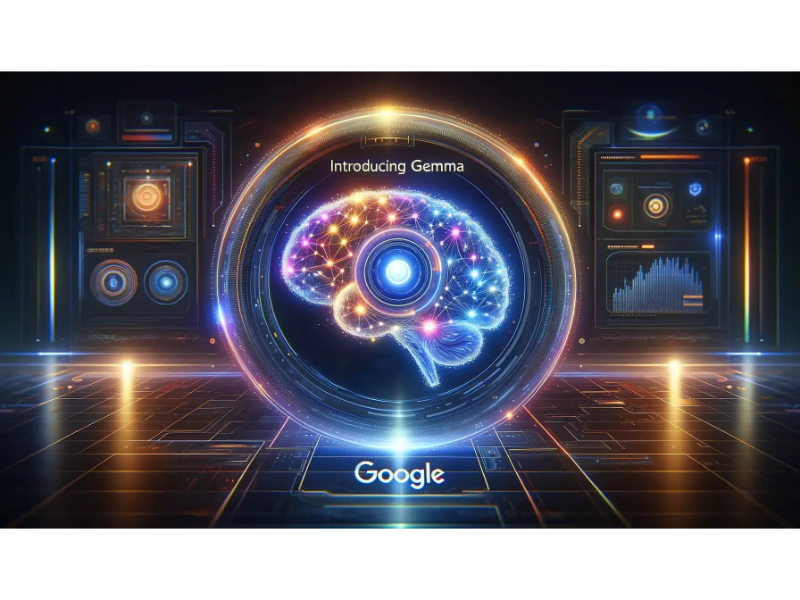- Google released Gemma, an open AI model developed with the same technology as Gemini.
- It’s part of Google’s contribution to responsible AI development, accompanied by the Responsible Generative AI Toolkit.
- Gemma comes in two sizes, 2B and 7B, surpassing larger models in benchmarks and undergoes secure training.
Google has released an open artificial intelligence model named Gemma, which claimed to be created using the same research and technology as the Gemini AI model. The company states that Gemma is its contribution to the open community, aimed at assisting developers in building AI responsibly. To this end, it has also introduced the Responsible Generative AI Toolkit alongside Gemma, comprising a debugging tool and best practices guide based on Google’s experience in AI development.
Also read: Google’s Bard chatbot gets the Gemini Pro update globally
There are two different sizes, Gemma 2B and Gemma 7B
The company offers two different sizes of Gemma – Gemma 2B and Gemma 7B – both with variants pre-trained and fine-tuned, lightweight enough to run directly on developers’ laptops or desktops. Google asserts that Gemma surpasses larger models in key benchmark tests, with both model sizes outperforming other open models.
In addition to being powerful, the Gemma models undergo secure training. Google utilises automation to strip personal information from the data used to train the models and employs reinforcement learning based on human feedback to ensure that Gemma’s fine-tuned variants exhibit responsible behaviour.
More Gemma variants will be available in the future
Companies and independent developers can utilise Gemma to create AI-driven applications, especially if the currently available open models are insufficient to meet their desired requirements. Google plans to introduce more Gemma variants in the future to cater to a more diverse range of applications. Therefore, those interested in immediately using these models can access them through the Kaggle data science platform, the company’s Colab notebooks, or via Google Cloud.

